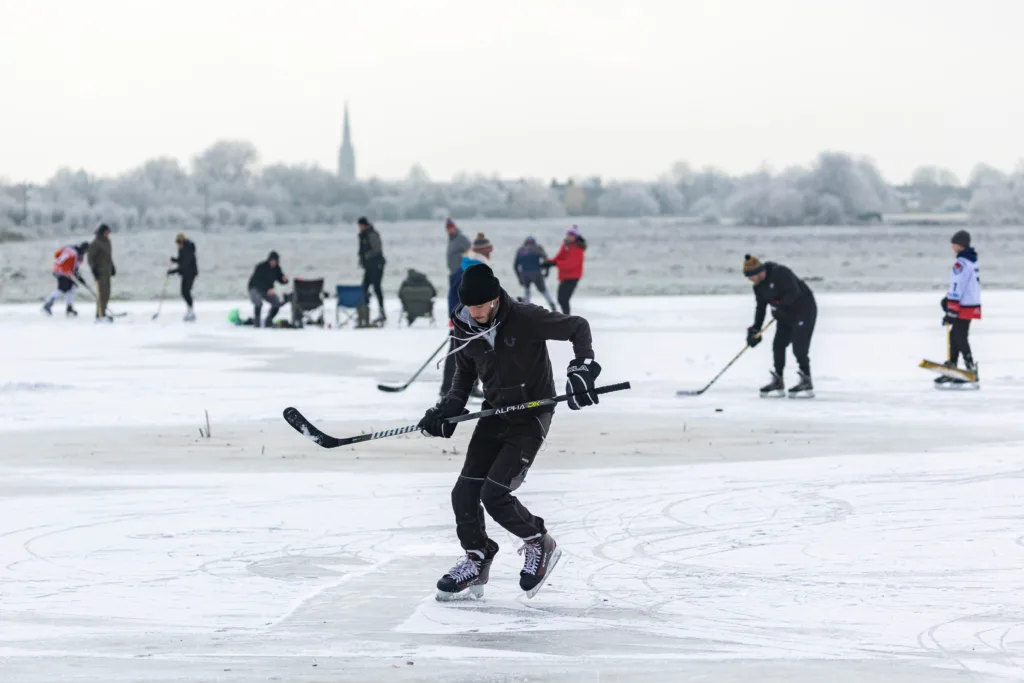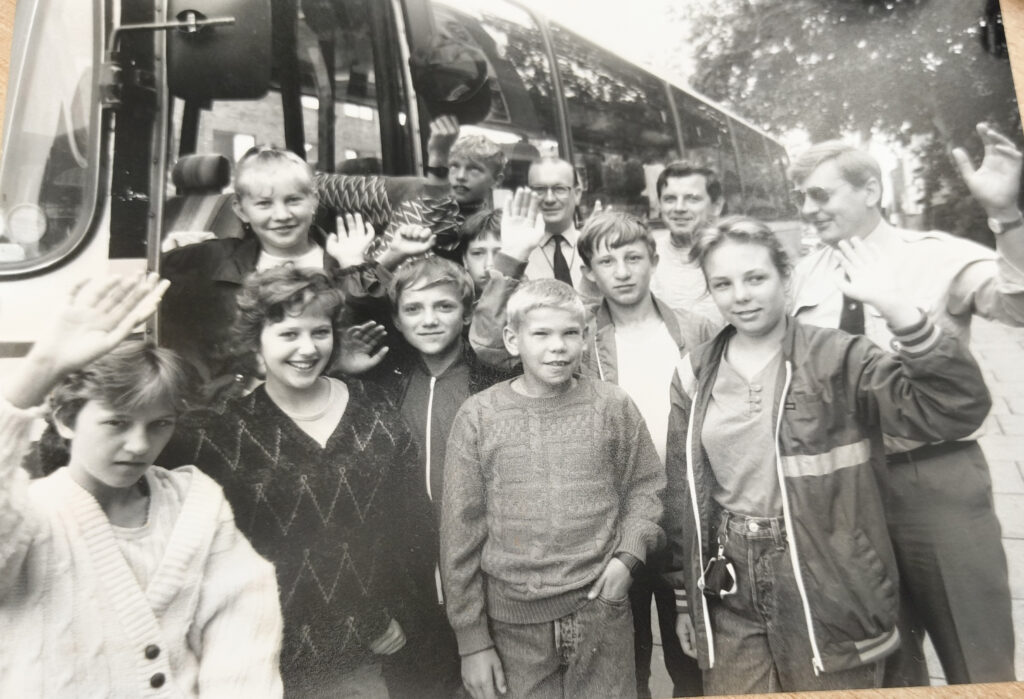
ANGELA SINGER: A tribute from Cambridgeshire to HM the Queen
She was 96 and she worked up to two days before she died.
The last official engagement of Queen Elizabeth II, Queen of England for 70 years – the longest reigning monarch in British history, was to welcome another Elizabeth – to invite the new Conservative Prime Minister Liz Truss to form a government.
That was on Tuesday, September 6.
Two days later, on Thursday, September 8, Buckingham Palace announced that the Queen had died peacefully at Balmoral. Her sons, Princes, Charles, Andrew and Edward and her daughter Princess Anne were with her.
The Queen was born Elizabeth Alexandra Mary Windsor, on April 26, 1926 in London to a couple who had not expected to be king and queen.
Her mother, Elizabeth Bowes Lyon had married Bertie Duke of York, after turning him down several times, on the understanding that they would have a private life because it was his elder brother David who would become king.
Ironically, after David – briefly Edward VIII – abdicated in 1936 in order to marry the American divorcee Wallis Simpson, Elizabeth’s parents, a couple with two young daughters, Elizabeth and her younger sister Margaret, found themselves king and queen.
The now Princess Elizabeth was ten and grew up, adoring her father and with a deep, deep sense of her impending royal duty.
She 26 when her father died aged only 57 in February, 1952 .
At the time, the newly married Elizabeth was in Kenya on a tour, representing her father when she heard the news.
The sight of a young woman dressed in a black fitted coat, stepping down the aircraft steps when she landed, maintaining an elegant dignity despite a broken heart was never to be forgotten by those who saw it – mostly in those days on Pathe News – the well enunciated news service broadcast to cinemas.
Many people bought television sets to watch the Queen’s coronation in June 1953. The nation had watched the Queen and her sister Margaret growing up on news reels.
The pair had broadcast a special radio message to children who were evacuated during the Second World War.
The teenage Elizabeth had said how they understood what it was like to be separated from beloved parents.
The Queen has the distinction of being the only British monarch who could take parts of a motor vehicle apart and put them back together again. She learned vehicle maintenance during the war when she served in the Auxiliary Territorial Service – putting on overalls and getting her hands dirty.

On VE Day (Victory in Europe Day) thousands of people packed London in celebration at the end of the war in Europe – and mobbed Buckingham Palace calling: “We want the King!”
Among the melee, Elizabeth and Margaret, two young women, slipped out unrecognised and partied in the throng, two girls out on the town like thousands of others in joyous glee.
As a young woman, stunning as she was, and beautiful in her wedding gown when she married Philip Mountbatten in 1947, she was never afraid to get her hands dirty, more at home in jodhpurs than a ballgown.

She was passionate about horses and never happier than being with them and talking about them. She enjoyed horse racing “the sport of kings”.
One of her longest serving employees at Buckingham Palace was an Irishman called Paddy Carroll, who had until an injury been a jockey. He served Her Majesty “at the household” for 59 years.
By the end of his career he helped organise royal events. Other servants would say: “We’ll get away on time, so long as The Queen doesn’t start speaking to Carroll about horses.”

Her dogs, her corgis, were as symbolic of Queen Elizabeth as was her crown. In summer – whatever the weather – she famously loved the outdoors at Balmoral, her palace in Scotland where she would lend a hand with the royal family barbecues.
Over her 70 years on the throne, the Queen had never made any political comment or remark – at least none reported to the nation. Having appointed 15 prime ministers, all have been greeted with the same royal grace.
It was remarked in Margaret Thatcher’s time that the Queen was expressing dismay that she was opening hospitals and Mrs Thatcher was closing them – but those words did not come from the Queen herself.
All the newspaper comment pieces about her relationships with prime ministers of different political shades and colours were guesswork. A play The Audience, starring Helen Mirren might have inferred that the Queen had a greater warmth for some politicians over others but this never came from her. It was always supposition.
This was a lifetime in the spotlight. Her clothes, her demeanour, her relationships with her children, all were commented on and the Queen never once responded.
The most she ever said was after the announcement in 1992 that Prince Charles and Princess Diana would separate. That Christmas, the Queen said she had experienced an “annus horribilis” and we understood what she meant.
Her marriage to Prince Philip, formerly Philip Mountbatten, a prince of Greece and Denmark was noted as a love match, but she always put her royal duties first – and the prestige of the crown.

The Queen and Prince Philip went on royal tours which lasted months and left their children with nannies.
Her sister Margaret was denied marriage to the love of her life, Captain Peter Townsend because he had been divorced. Ironically, three of the Queen’s own children have since been divorced – including the now King of England, Charles III. None of us can see into the future, even queens.
For those of us born in the 1930s and 1940s, she is the only queen we have known. Some of us remember the tea parties celebrating her coronation – as a technicolour memory.
Throughout the 1950s and 1960s Queen Elizabeth was an icon, a model for women to look up to. No one supplied women’s magazines of that era with more material. The journalist Jilly Cooper writing for The Sunday Times parodied the publications by saying the typical article was “how to crochet you own royal family.”

There will never be anyone like her. No other monarch is likely to work so long, so hard, so diligently and with such dignity and grace.
Rest in Peace your majesty – a nation mourns. You were always in our hearts.
























